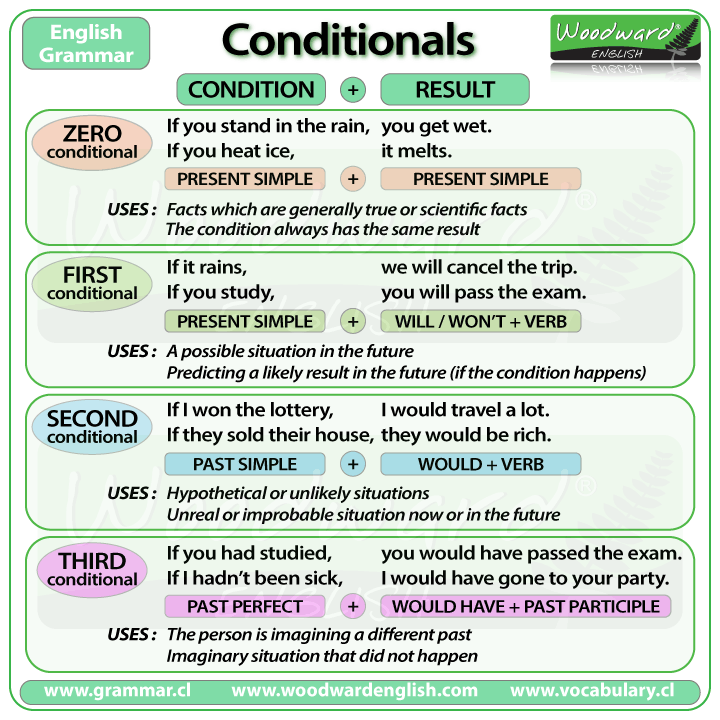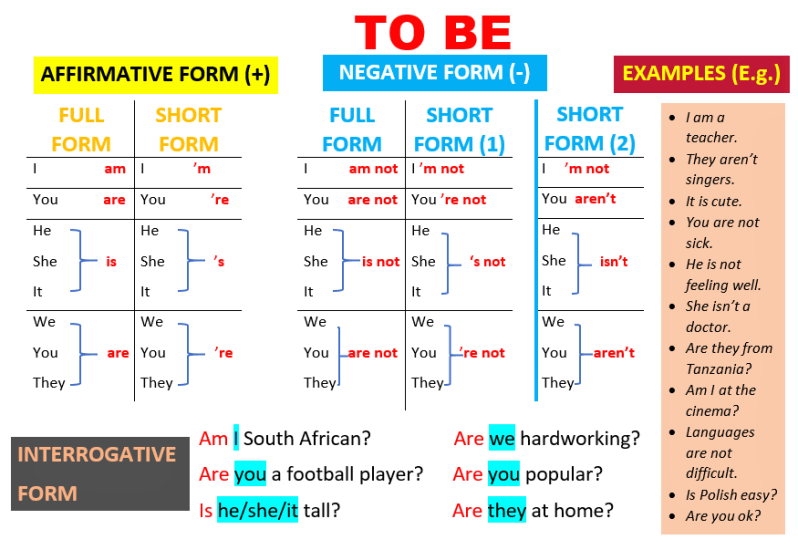
When to Use “That,” “Which,” and “Who”
The proper use of the relative pronouns who, that, and which relate the subject of a sentence to its object, hence the name. The question of which of the three words to use in a given context vexes some writers; here’s an explanation of their relative roles.
Who, Whom, and Whose
Who and whom refer only to people, and whose almost always does so:
“I have a friend who can help.”
“Whom you associate with is your concern.”
“The person whose jacket was left behind is the likely culprit.”
(Whose is sometimes used to refer to an object, as in “Notice the car whose headlights are off.” This awkward usage should be replaced by, for example, “Notice the car that has its headlights off” or, better, “Notice the car with its headlights off.”)
That
That refers mostly to things, though a class or type of person is also sometimes referred to by this pronoun:
“He has the key that fits in this door.”
“This is a team that is going places.”
“He’s the kind of doctor that volunteers at a clinic on his day off.”
Even though the previous sentence is technically correct, it’s usually best to maintain a distinction between people and not-people by using who in reference to a type of person: “He’s the kind of doctor who volunteers at a clinic on his day off.” (The use of that in association with people itself, however, is well attested, as in “I don’t like the kind of people that she hangs out with.”) But a class of people is always considered a thing, not a person, so a sentence like “This is a team who is going places” is never correct.
Which
Which, like that, refers to things, but a further consideration is that American English usage usually frowns on this word when it appears in a restrictive, or essential, clause, such as “I chose the card which is blank.” This sentence, which specifies a card among one or more others that are not blank, has a meaning distinct from “I chose the card, which is blank,” which refers to a single card and then describes it. (This is an example of a nonrestrictive, or nonessential, clause.)
To further clarify that distinction, the restrictive form is generally illustrated by using that in favor of which, which is reserved for a nonrestrictive function, as in the preceding phrase. (One exception occurs when which is preceded by another usage of that, as in the sentence “What is good is that which is natural.”)
(This form is sometimes called nonessential because the information that follows which is not required. In the first sample sentence, which is better rendered “I chose the card that is blank,” the card’s blank state is essential to the context. In “I chose the card, which is blank,” all we need to know is that the card was chosen; its quality of blankness is incidental.)
Many writers and speakers of American English deplore the artificial distinction of favoring that over which in restrictive usage, but it is practical and well established — two valid criteria for any variation in purely logical grammar.
Grammar Summary


Can Grammar Be Taught?
The BBC recently reported that students in the final year of primary school — equivalent to the fifth grade in the United States — will be required to take a grammar and spelling test (to evaluate teaching effectiveness, not to qualify the students for matriculation). But are grammar and spelling teachable?
Year after year, from early elementary school on, students are subjected to instruction in grammar and spelling. Textbooks and handouts describe and explain the functions of parts of speech and the spelling rules, and students fill out worksheets and take spelling tests. Yet even some highly intelligent, scholastically successful students have difficulty expressing themselves in writing, are unable to identify parts of speech or verb tenses, and can’t spell very well.
I’m a good writer — good, not great — and I can spell just about any word, but I didn’t learn how to write by filling out grammar worksheets, and I didn’t study for spelling tests. I learned to write by writing — and by reading. When I was in school, we had very few extended writing assignments, but these, and my extracurricular efforts (including an abysmal short novel I wrote when I was in junior high school), helped me hone my writing skills. My enthusiasm for reading certainly had a significant impact, too.
When I briefly taught elementary school, I didn’t use an English textbook. My students wrote and read. I gave vocabulary and spelling tests, but mostly, they wrote and read.
Unfortunately, however, it was difficult to help students develop their reading and writing skills. I had about thirty students at a time, and though they read and wrote while studying subjects other than language as well, there was very little opportunity to coach them to be better readers and writers.
And that’s the key. In the learning factories we call schools, educators generally devote time and energy through drills, not development. Many teachers simply follow the playbook and direct students to identify the adverbs in a sentence rather than engage the students in an exploration of the possibilities of adverbs. Most give spelling tests but don’t encourage students to use a new word in each entry in their daily journal. (Daily journal entry? Who has time to assign a daily journal entry?)
I’m not blaming these educators, of course. Although some lazy teachers give the profession a bad name, most teachers try to incorporate creative and truly valuable educational experiences in their classrooms, but given the dispiriting conditions and depressingly misdirected priorities in public education, doing so remains a challenge.
I remember, in college and perhaps later, despite having filled out innumerable grammar worksheets during my K–12 education, not knowing the difference between an adjective and an adverb. It didn’t get in the way of my ability to write. The worksheets, however, were an obstacle; how much more writing I could have done if I hadn’t had to fill them out!
The tragedy of the factory educational system is that many of the students who are not enthusiastic writers or who have had the enthusiasm drained from them by rote, irrelevant lessons will populate remedial writing courses at junior colleges and at Ivy League schools alike. They will be the ones who, because HR managers were dismayed by grammatical errors and spelling mistakes in cover letters and on résumés, won’t get contacted for a job interview.
This argument does not mean to suggest that skill drills are useless; children and adults alike benefit from writing guides and grammar handbooks. But writing should be the foundation for developing written-language skills, not the other way around.



